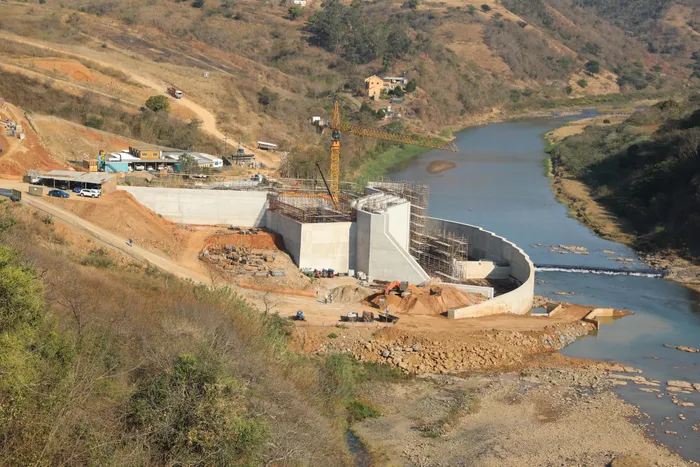Deal with water mafias, human rights commission urges State

The South African Human Rights Commission (SAHRC) has asked the government utilise the legislative and policy machinery at its disposal to deal with water mafias and acts of water sabotage.
Image: Doctor Ngcobo / Independent Newspapers
A POLICY brief released by the South African Human Rights Commission (SAHRC) has lifted the lid on the modus operandi of water tanker mafias, which involves the direct vandalisation of water pumps or water valves, with the objective of a self-created water supply crisis.
Alternatively, they provide organised crime networks with information about planned infrastructure repairs, enabling the mafias to sabotage them within days of repair.
It is also alleged that these so-called water mafias are at times in cahoots with municipal officials.
It has been reported that the nature and extent of crime that targets water infrastructure vary from severe vandalism, corruption, and procurement irregularities to violent attacks on municipal officials.
In some instances, municipal officials are held hostage, tortured, and others are murdered.
To tackle water mafias and the systemic sabotage of essential water infrastructure, the commission has requested the government to utilise the legislative and policy machinery at its disposal.
The policy brief aims to serve as a clarion call to the law enforcement agencies and other state actors across all levels to use various legislative and policy instruments to root out systemic sabotage of water infrastructure.
The policy brief stated that criminal activities targeting water infrastructure can create social unrest and destabilise peace and threaten national security. These activities must be prosecuted and accompanied by appropriate penalties that will deter similar actions in the future.
The SAHRC said the document has already been forwarded to the Presidency, the Minister of Police, the Minister of Water and Sanitation, the National Director of Public Prosecutions (NDPP), as well as the Office of the Chief Justice to take note of the recommendations.
The National Prosecuting Authority (NPA) spokesperson, Mthunzi Mhaga, confirmed that the NDPP received the document and would consider its contents.
Police Minister’s spokesperson Kamogelo Mogotsi also confirmed receipt of the document, saying the email was received on Wednesday.
“The minister is still to be taken through the document,” she said.
Department of Water and Sanitation spokesperson Sanku Tsunke requested that questions be sent via email, but he did not respond at the time of publication.
President Cyril Ramaphosa’s spokesperson, Vincent Magwenya, declined calls and did not respond to the questions, while the Office of the Chief Justice did not respond.
The SAHRC said it has observed that the system of water tankering has been the subject of manipulation and commercialisation.
Municipalities utilise private water tankers as an emergency measure to provide water to residents experiencing water interruptions.
However, this has been exploited by organised criminal networks known as water tanker mafias.
“The inability of Water Services Authorities (WSAs) to provide an adequate water supply for various reasons has led to the emergence of water tankers and water mafias. These are organised syndicates who deliberately sabotage water infrastructure, particularly at a municipal level, with the sole objective of profit-making,” said the SAHRC.
“It should mobilise an adequate number of trained and experienced prosecutors, and ensure that prosecutions of these crimes will enjoy a higher priority,” said the SAHRC, adding that where resources are limited, crimes involving activities that target water services infrastructure enjoy preference.
Cape Times
Related Topics: